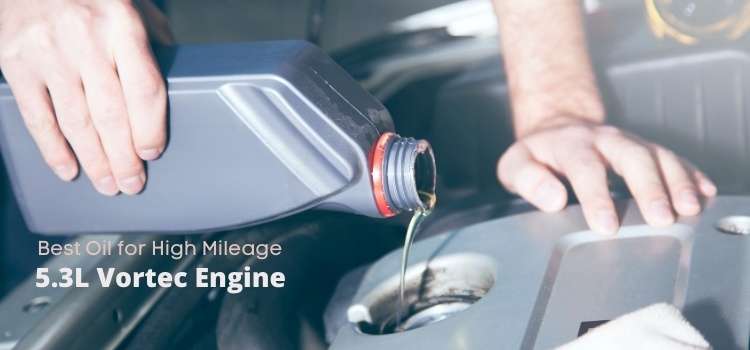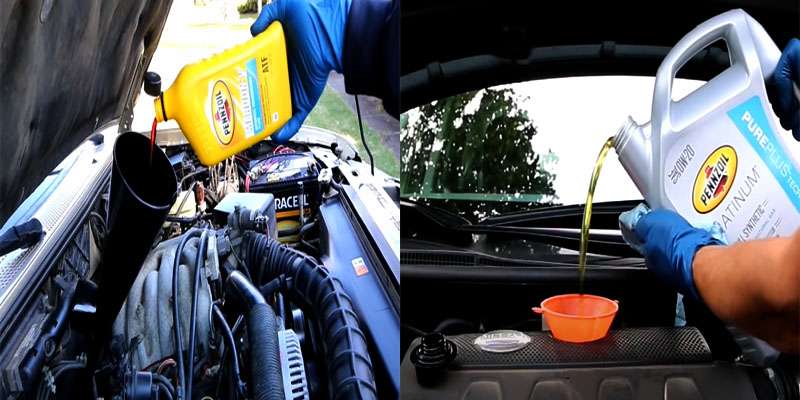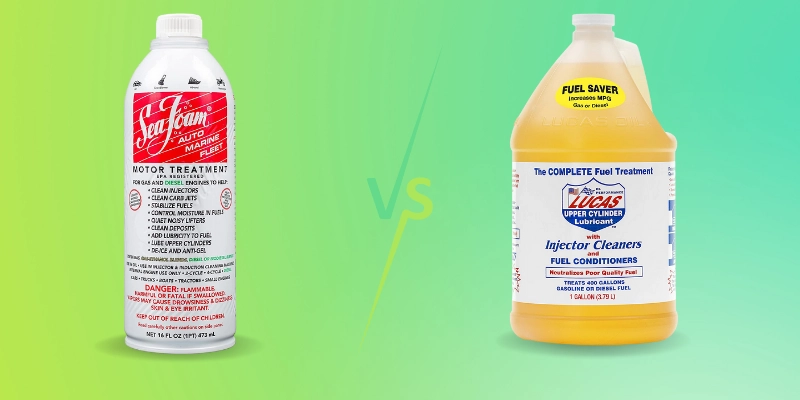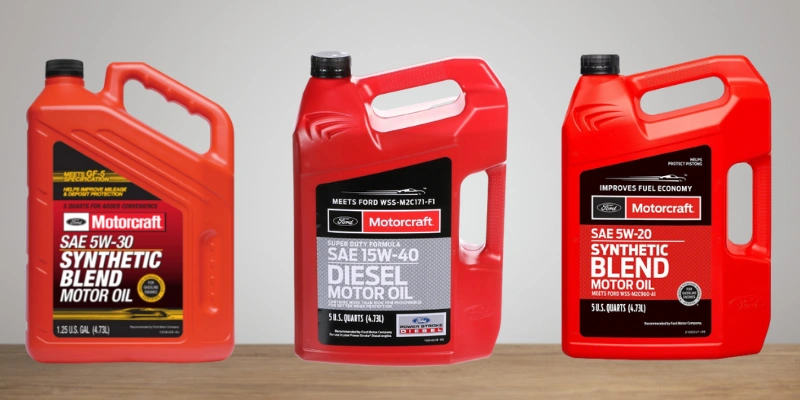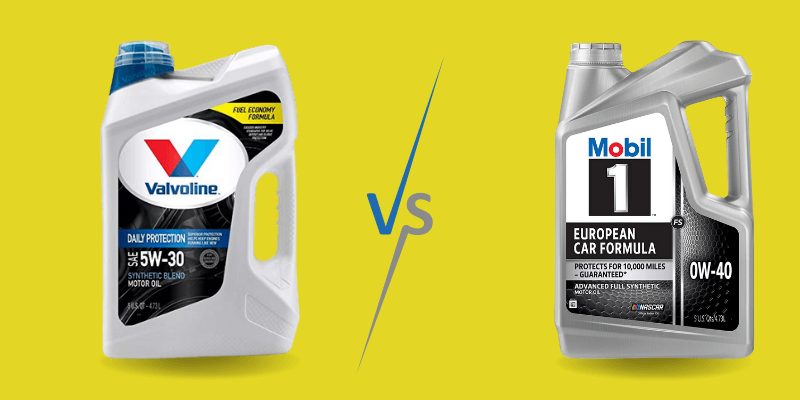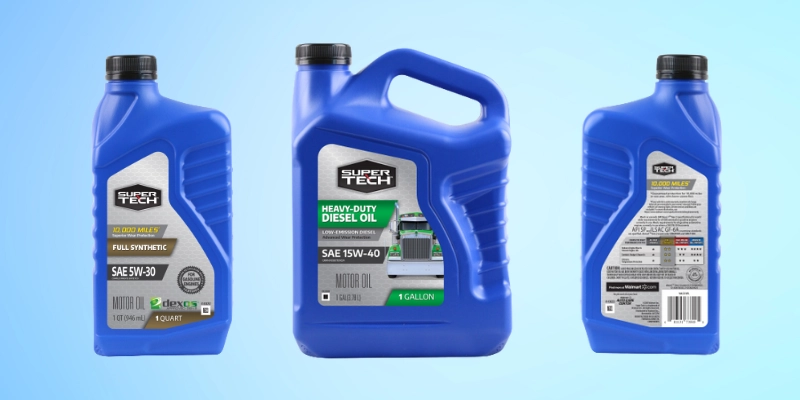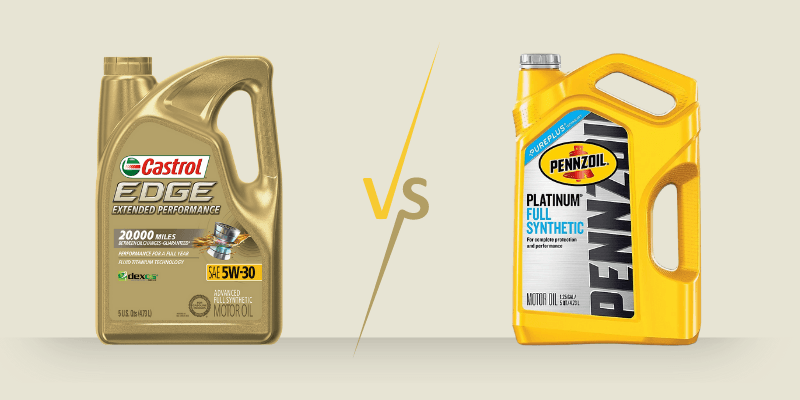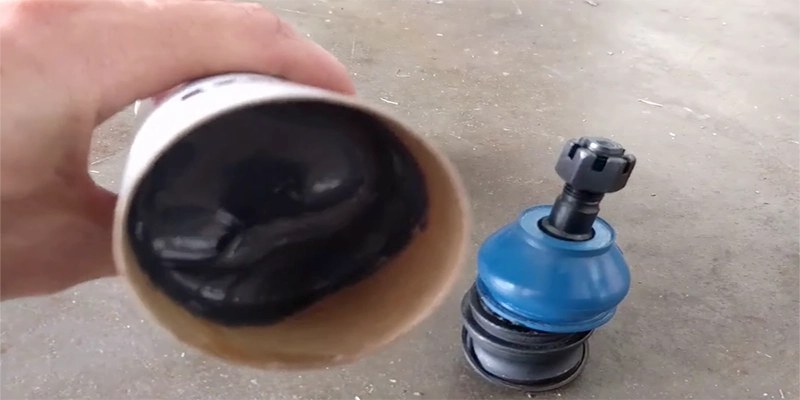If you are a car enthusiast, you might be familiar with Hypoid gear oil.
But for those who are new to the term, Hypoid gear oil is a specialized lubricant that is used in Hypoid gears, which are gears that have a unique shape that allows them to transmit power at a right angle.
These gears are often found in automobiles and heavy-duty machinery.
Hypoid gear oil is designed to perform under extreme conditions, such as high pressure and temperature, heavy loads, and high speeds.
Its unique formulation provides excellent protection against wear and tear, rust and corrosion, and foaming.
We will take a closer look at what Hypoid gear oil is, how it works, and why it’s essential for the proper functioning of your vehicle or equipment.
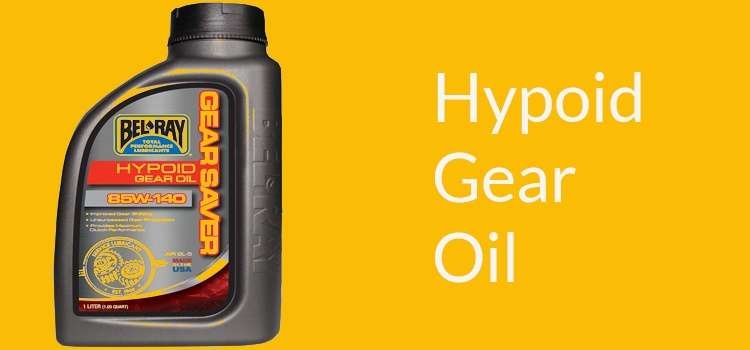
The Anatomy of Hypoid Gears
Before we dive into Hypoid gear oil, let’s first understand what Hypoid gears are and how they work.
Hypoid gears are a type of spiral bevel gear that has a spiral angle that is less than 90 degrees. The spiral angle refers to the angle between the gear teeth and an imaginary line perpendicular to the gear axis.
Hypoid gears have a unique shape that allows them to transmit power at a right angle, making them ideal for driveshafts and rear axles in vehicles.
The design of Hypoid gears allows for a larger contact area between the gear teeth, which results in higher torque capacity and smoother operation.
However, due to the nature of the gear shape, Hypoid gears generate more heat and require more robust lubrication than other types of gears.
The Purpose of Hypoid Gear Oil
Now that we have a better understanding of Hypoid gears let’s talk about Hypoid gear oil.
The primary purpose of Hypoid gear oil is to provide lubrication and protection to the Hypoid gears.
The unique design of Hypoid gears requires a specialized lubricant that can withstand extreme pressure and high-speed operation of these gears.
Hypoid gear oil is formulated with high-quality base oils and additives that provide excellent protection against wear and tear, rust and corrosion, and foaming.
The additives used in Hypoid gear oil are carefully selected to provide the necessary protection while minimizing any negative effects on the gear material.
Hypoid Gear Oil vs Regular Gear Oil
One common question that many people have is, “What’s the difference between Hypoid gear oil and Regular gear oil?”
Regular gear oil is designed to be used in standard gears, such as straight-cut and spiral bevel gears.
These gears have a spiral angle of 90 degrees or more and do not require the same level of lubrication as Hypoid gears.
On the other hand, Hypoid gear oil is specifically designed for Hypoid gears, which have a unique shape that requires a specialized lubricant.
The additives used in Hypoid gear oil are different from those used in regular gear oil, and the viscosity is carefully selected to ensure optimal performance under extreme conditions.
Using regular gear oil in Hypoid gears can lead to premature wear and failure, which can result in costly repairs and downtime.
When to Change Hypoid Gear Oil
Like any lubricant, Hypoid gear oil will eventually break down and lose its effectiveness over time.
It’s essential to change your Hypoid gear oil at the recommended intervals to ensure that your gears are adequately lubricated and protected.
The recommended interval for changing Hypoid gear oil varies depending on the manufacturer and the type of equipment.
In general, it’s recommended to change your Hypoid gear oil every 30,000 to 50,000 miles for passenger vehicles and every 12 months or 15,000 miles for heavy-duty equipment.
However, if you use your vehicle or equipment under extreme conditions, such as towing heavy loads or driving in extreme temperatures, you may need to change your Hypoid gear oil more frequently.
It’s also essential to check the condition of your Hypoid gear oil regularly. If you notice any signs of contamination or degradation, such as metal shavings or a burnt smell, it’s time to change your gear oil.
How to Change Hypoid Gear Oil
Changing Hypoid gear oil is a relatively straightforward process, but it’s essential to follow the manufacturer’s recommended procedures to ensure that the process is done correctly.
Here are the basic steps involved in changing Hypoid gear oil:
- Locate the drain plug on the gear housing and remove it to drain the old gear oil.
- Clean the drain plug and gear housing to remove any dirt or debris.
- Refill the gear housing with the recommended amount of Hypoid gear oil.
- Replace the drain plug and ensure that it’s tightened to the recommended torque specification.
It’s essential to use the recommended type and viscosity of Hypoid gear oil when changing your gear oil. Using the wrong type of oil can lead to premature wear and failure of your gears.
Final thoughts
Hypoid gear oil is a specialized lubricant that is essential for the proper functioning and longevity of Hypoid gear.
Hypoid gears are found in many vehicles and heavy-duty equipment and require a specialized lubricant to operate under extreme conditions.
Hypoid gear oil is formulated with high-quality base oils and additives that provide excellent protection against wear and tear, rust and corrosion, and foaming.
It’s essential to use the recommended type and viscosity of Hypoid gear oil and change it at the recommended intervals to ensure optimal performance.
By understanding what Hypoid gear oil is, how it works, and why it’s important, you can make informed decisions about the care and maintenance of your vehicle or equipment’s Hypoid gears.
So, be sure to check your gear oil regularly and change it when necessary to keep your gear in top condition.
 Skip to content
Skip to content

